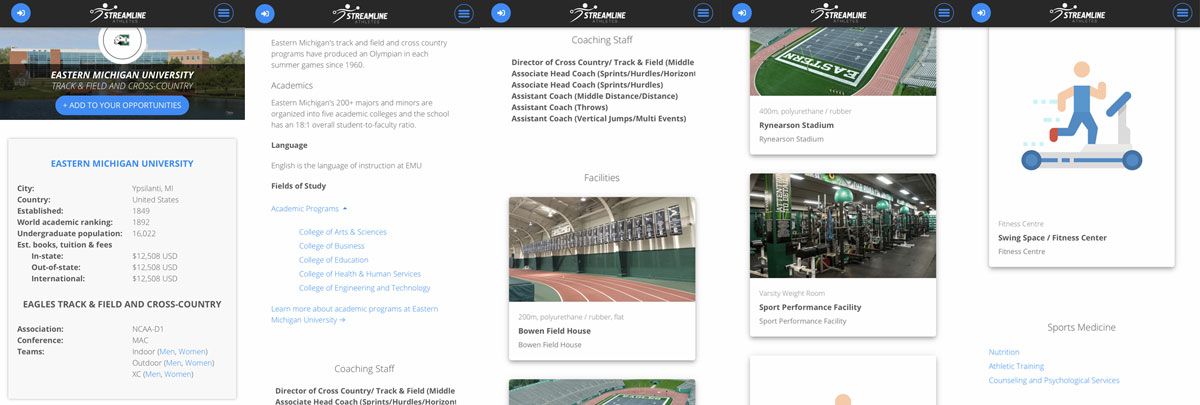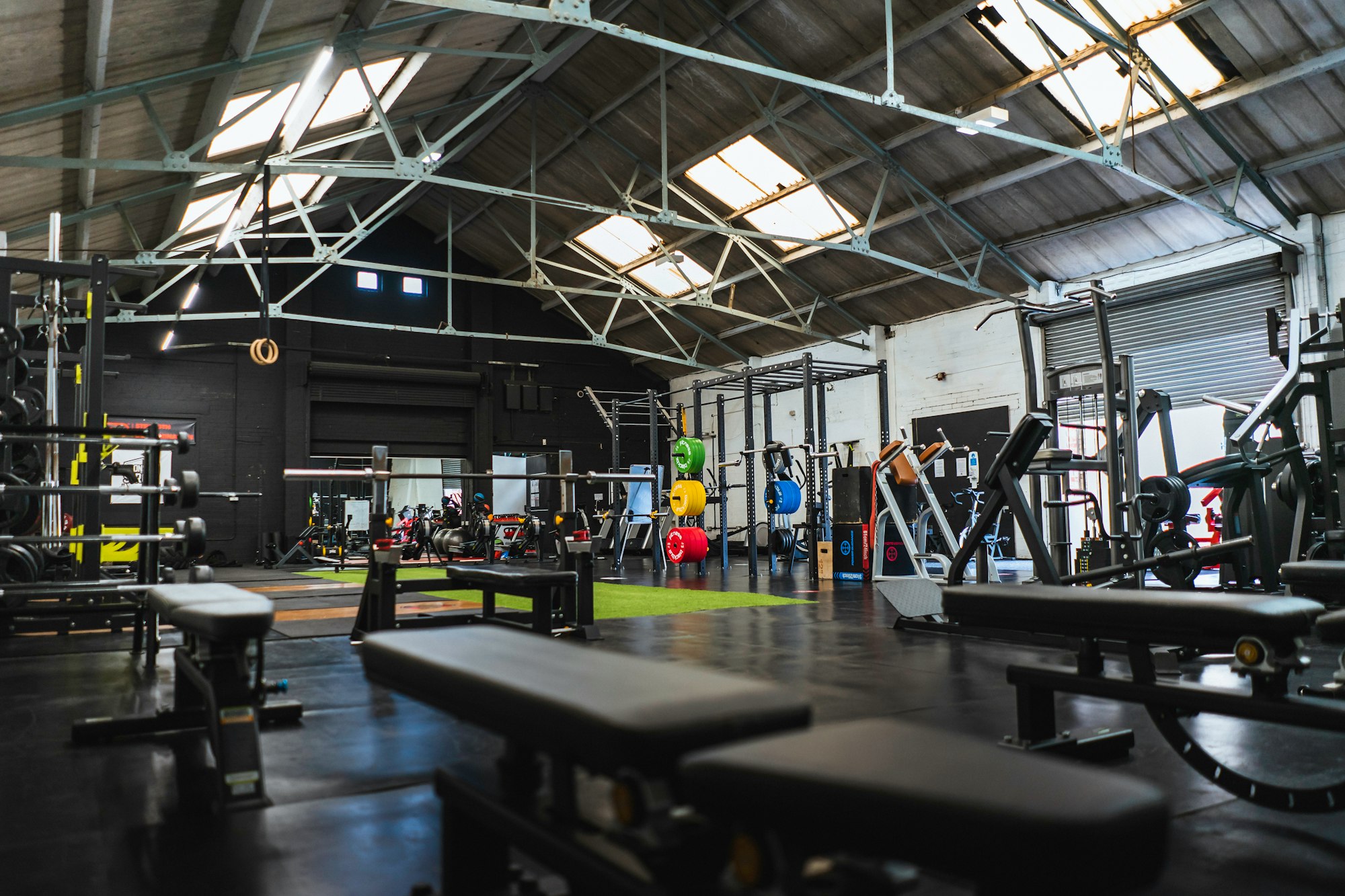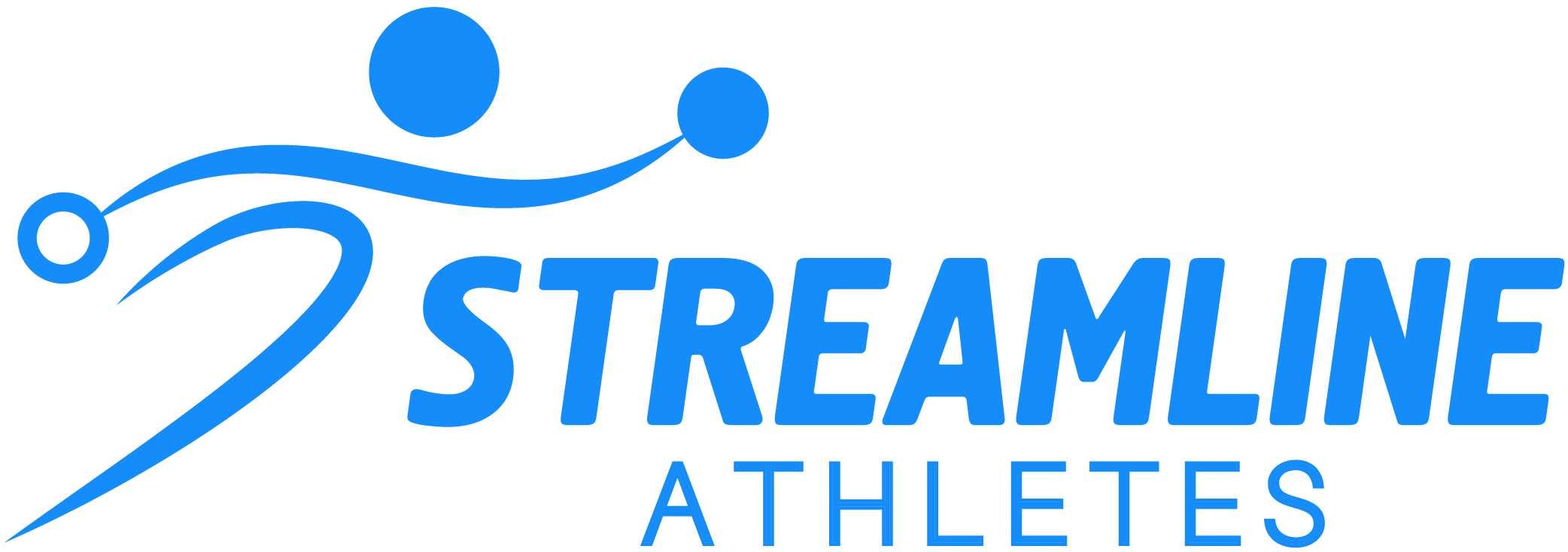What to consider when deciding on the best track and field and/or cross country college or university for you
Deciding where to pursue your post-secondary education can be a difficult process, involving many factors. This can involve even more variables as a student-athlete because you’ll be considering athletics, as well as academics. Although making the final decision is a difficult one, if you lay out your priorities and use them to guide your research, you can be confident your decision will be the right one.
Organizing what is most important to you in a university or college and what you want to get out of your experience can really help you narrow down the many options available to you in North America. To help jump start the process, we’ll briefly run through some things you will want to consider when deciding which school to focus your recruitment efforts on.
Location

One of the most common factors many student-athletes consider when doing their college/university search is where the school is located. Some student-athletes prefer to attend a school in a warm climate, where training is easier, or attend school where the sport is high-priority for students and the community. Some want to embrace a culture or lifestyle commonly associated with a region, and some prefer to stay close to home. Finding a school that is close to home - whether that’s in-state, in-province, or within their hometown - can have benefits for some student-athletes. The benefits of a local school include:
- The potential to live at home
- Reduce tuition and living costs (out-of-state tuition can be expensive in many cases)
- Keep part-time jobs (if training allows it) and volunteer opportunities
- Stay connected with hometown/high school friends
- Having more stability and support
The benefits of attending a school outside of your home state, province, or country include:
- Opportunity for more independence
- Exposure to new cultures, lifestyles, and experiences
- More options to choose from
- Possibility of widening your connections for future career opportunities
- Discover new cities and make new friends
Athletic Offering

As a student-athlete the athletic side of your college or university experience is obviously very important and is typically a make or break factor when it comes to narrowing down your choices. Knowing whether a school you are interested in even offers your event (s) is key to not wasting time in your outreach efforts. Many colleges/universities may not offer every track and field event at their school, some schools may not have a track and field team and only focus on cross country, while some may not have teams available for both men and women. This is something to be aware of when starting your search, so you don’t spend too much time on a school to find out they don’t offer your event. A quick and easy way to know what track and field/xc teams a school offers is to check out their program pages on the Streamline Athletes website - make sure to use the search bar to go directly to the school’s page.
Academic Programs

The other side of the coin is academics - equally important for student-athletes who have an interest in a particular career path. Many colleges and universities have different academic programs they are well known for or specialize in, and there are also programs they may not offer at all - check the Streamline Athletes’ program pages to see what academic programs schools offer. Not all students know exactly what they want to pursue as a career coming out of high school - which is not a problem. All it means is that you should look for schools that offer a wide variety of programs (so you can eventually specialize) or have first-year discovery programs that give you a feel for a few fields of study. Students who know what they want to pursue should make it a priority to find a school that offers that specialization, and ideally is well known for having a great program in that field. Academics are an important part of being a collegiate student-athlete as the reality is not everyone will turn pro and earn a living from track and field/cross country; you are a student first, athlete second after all.
Tuition Cost

Tuition costs can vary greatly depending on the college or university, the program you are entering, where the school is located, and whether scholarship opportunities are available. Generally, you will find the tuition cost for a school that is out-of-state, province, or country will be much more expensive than a school local to you. The overall cost of college and university can be very expensive. It's important to know what your budget is and what forms of financial aid may be available to you. While getting a full-ride scholarship is quite rare, there are a lot of scholarship opportunities available in the form of financial aid and merit based awards - this is a great way of cutting down overall costs. To find out what athletic scholarships you may be eligible for you most likely need to get in contact with the coach. This is something that is made much easier with the Streamline Athletes platform (you can sign up here to get started). Once you create your free Streamline Athletes account, you can start contacting coaches and have these important scholarship conversations with them. Otherwise, some schools do post what financial aid is available to athletes on their websites.
For most student-athletes, they should budget with the expectation that they will not receive a full-ride scholarship. Full-rides are not as common as they are in other sports, but that does not mean there aren’t many ways to receive financial aid both academically and athletically. Financial aid can come at the federal, provincial/state, municipal, institutional, program, and personal level - check out our blog on the differences between scholarships in Canada vs. America. There is probably more funding available to student-athletes than you may think, all you have to do is put in the work to find them and apply! Free money is always great. For most athletes who aren’t eligible for a full-ride scholarship, prioritizing a school that offers tuition they are able to pay or offers alternative means of receiving financial aid is important.
Campus and Facilities

Finding a campus that has the facilities to meet your needs academically, athletically, and socially is usually high on the priority list for most student-athletes. That could mean facilities necessary for your event specialization (ex. pole vault, throws cages, weight rooms, access to trails), program specialization (ex. medical labs or media studios), or hobbies (ex. pool access, sports arenas, arts clubs, and restaurants). The right campus offers everything you need to perform academically and athletically, while also allowing you to continue any extracurriculars and your social life. Every campus won’t have everything, so find the one that checks the most boxes for you. Official and unofficial campus visits are the best way to get a feel for what they have to offer, but you will also be able to find lots of information about the campus facilities right from their website.
Team Fit and Culture

As an athlete the way you fit into a team and their culture, and mesh with the coaching staff is fundamental to performing your best and enjoying your overall experience as a collegiate student-athlete. Learning about the team, meeting some of your potential teammates, and having an honest conversation with the coaching staff is essential to feeling out how you might fit into a certain program. Bring some team/coaching related questions into your recruiting conversations to get a feel for what it is like to be on the team. Another good way to get a little insight into the team culture is to follow them on social media (if they have an account).
Social Life

A great part of being a student-athlete is there are many opportunities to make friends and have a social life, as you immediately have approximately 70 new teammates. So taking social life into account when deciding on a school isn’t so necessary, but what you can consider is the opportunity to be involved in other social activities. Finding out what sort of social clubs and extracurricular activities the school may offer students can be important for the social butterflies among us, or for people who have passions outside of track and field/xc that they’d love to connect with others about. Not typically the highest priority factor but it can greatly affect someone's overall university experience if a school has a poor social life.
These are just a handful of factors that many student-athletes consider when deciding where to go to school - and there are many more that may be specific to you. We just want to help you get the process rolling, so you can effectively prioritize what is most important to your college/university experience - and use that to guide your research and eventual commitment.
Still have questions? Check out our FAQ Page to find what you are looking for!
Use this downloadable sheet to help you organize and visualize your must-haves and your need-to-haves, when deciding on a school.
Processing your application
There was an error sending the email, please try again

